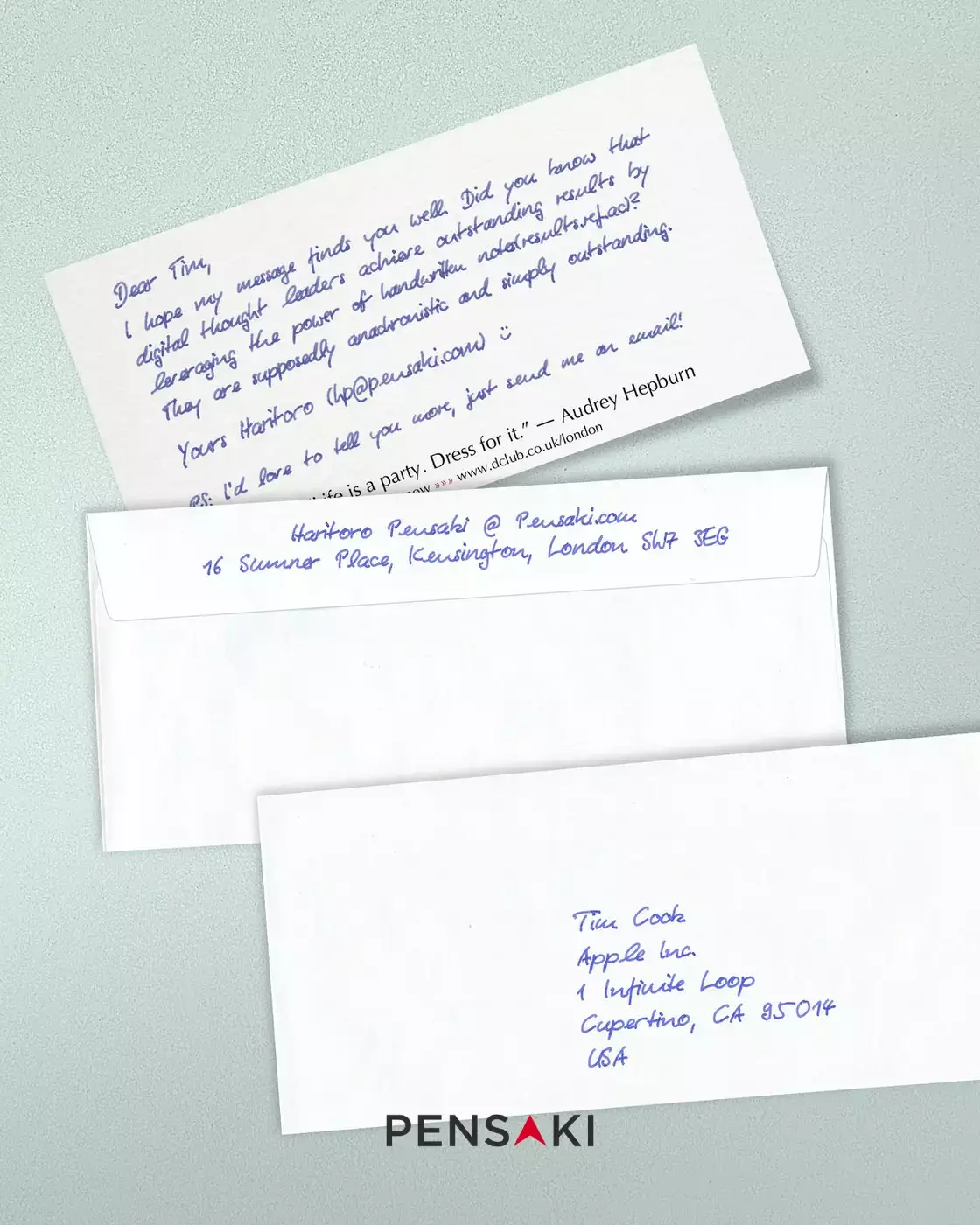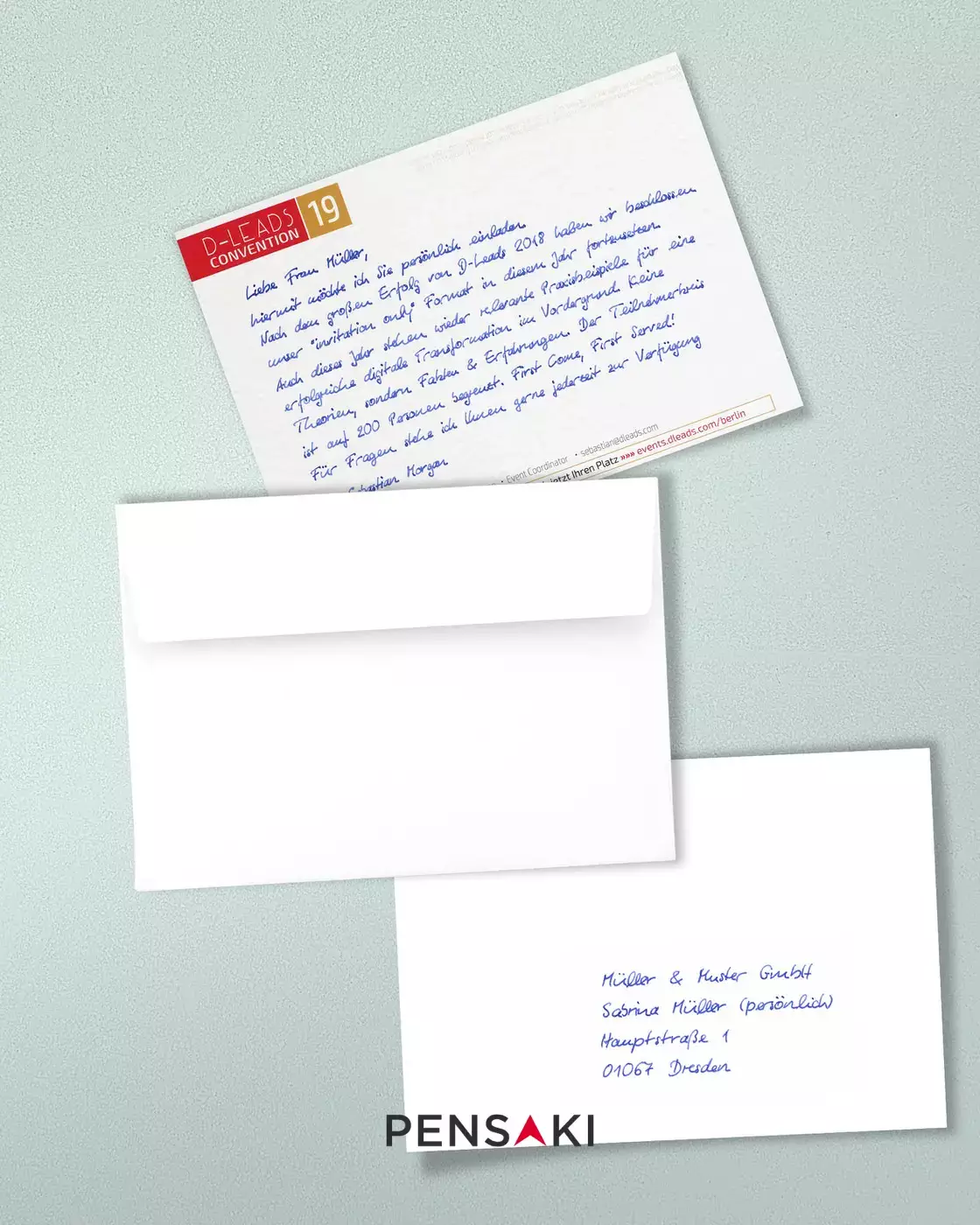In the realm of retention strategies for businesses, consider a hidden shoe store leveraging both modern and classic methods to boost customer loyalty. The key lies in effective use of newsletters and personalized communication. While innovative online marketing draws initial purchases, it’s the continuous engagement through newsletters that transforms one-time buyers into repeat customers, exemplifying successful retention strategies. Additionally, the unique approach of sending handwritten letters offers a personal touch, deepening customer connections. These techniques not only enhance customer loyalty but also serve as prime examples of retention strategies, ensuring long-term relationships and business growth.
Kicking Off with Newsletters: The Shoe Store Saga
Imagine you’re at the helm of a sports shoe store, nestled in a corner where foot traffic is as elusive as a unicorn. Your solution? A dynamic mix of traditional and digital marketing. Newspapers, flyers, radio ads – you’re playing every tune in the marketing symphony. Then, the magic happens: an irresistible deal on Nike sports shoes draws customers in droves, turning your store into a buzzing hub of sneaker enthusiasts.
But here’s the catch: Once customers leave, they vanish like mirages. Your advertising costs balloon, but profits shrink, creating a cycle as endless as the quest for the perfect sneaker.
The Newsletter Lifeline
Enter the realm of newsletters, a pivotal element in retention strategies. Without this channel, your business is like a ship without a compass. Each sale becomes an isolated event, demanding new marketing efforts. Newsletters, however, change the game. They’re not just about moving inventory; they’re about weaving narratives, fostering a community of sneaker aficionados.
Your newsletter is like an exclusive club. Members gain first access to new releases, juicy deals, and insider sneaker news. It’s a VIP experience for your customers, making them feel part of something special.
No Opt-in, Much Cry
Newsletters are more than just a sales channel; they are crucial retention strategies. They keep the conversation alive, turning your latest sneaker collection into a hot topic. This strategy does wonders for customer loyalty. Studies show that repeat customers are more likely to leave positive reviews and recommend your store. Neglecting newsletters risks reducing customer relationships to fleeting encounters.
Navigating the Legal Track
Navigating data protection laws like GDPR is crucial. This compliance is not just a legal requirement but a key part of effective retention strategies. It’s about gaining consent transparently and treating customer data with the care it deserves.
Retention Strategies For Surprise & Delight
Let’s add a twist: handwritten letters. In a digital-dominated world, they offer a nostalgic, personal touch. These letters aren’t just words on paper; they’re an experience, a tangible piece of your brand, and a way to navigate data protection laws with a personal touch.
Thinking Outside the Box
Handwritten letters stand out in a sea of digital communication. They create an emotional bond that goes beyond transactional relationships. They’re a statement of authenticity, a way to make a lasting impression on your customers.
Beyond Newsletters and Letters
But mastering newsletters and handwritten notes is just the beginning. Your store can become a cultural landmark in the sneaker world by hosting themed events, creating an online community, and collaborating with local athletes. These efforts can transform your store from a mere retail space into a pivotal part of the sneaker culture.
Building a Community and not a junk yard
Fostering a sense of community is vital. Organize sneaker meet-ups, workshops on sneaker care, or even local sneaker design contests. These events create a sense of belonging among your customers, reinforcing their loyalty and enthusiasm for your brand.
Social media platforms are invaluable in retention strategies. Use them to showcase new products, share customer stories, and engage with your audience. Regular, engaging content keeps your brand at the forefront of your customers’ minds.
Personalized Customer Experiences
Tailor the shopping experience for each customer. Use data analytics to understand buying patterns and preferences, enabling you to offer personalized recommendations and services. This level of personalization is a powerful tool in retention strategies.
Feedback and Continuous Improvement
Encourage customer feedback and act on it. This approach demonstrates that you value their opinions, enhancing their loyalty to your brand. Continuously improving based on customer feedback is essential for effective retention strategies.
Your employees are your brand ambassadors. Train them to provide exceptional customer service and to be knowledgeable about your products. Engaged employees can significantly enhance the customer experience, contributing to your retention efforts.
Diversifying Marketing Channels
Don’t rely solely on one channel. Diversify your marketing efforts across various platforms to reach a wider audience. Combining traditional and digital marketing strategies can create a more robust and effective marketing mix.
Your online presence is more crucial than ever. Ensure your website is user-friendly, visually appealing, and updated with the latest products and information. An engaging digital storefront can attract new customers and keep existing ones coming back.
Implement a loyalty program that rewards customers for their repeat business. This strategy can significantly enhance customer retention by providing tangible benefits for their loyalty.
From a hidden store to a thriving business
From a hidden store to a thriving business, your journey is filled with emails, letters, and a whole lot of personality. By creating a brand that walks, runs, and sprints alongside its customers, you can forge lasting relationships. Effective retention strategies are key to this transformation, ensuring a memorable and profitable journey.
Be smart and sign up for our newsletter!
Your competition keeps itself up to date.



